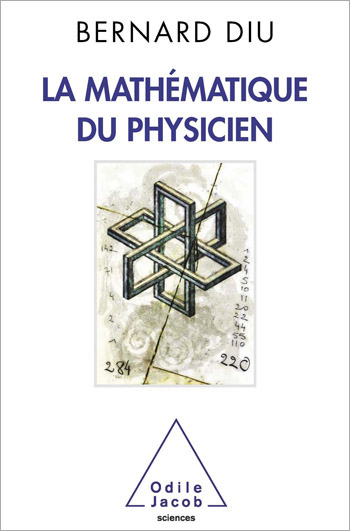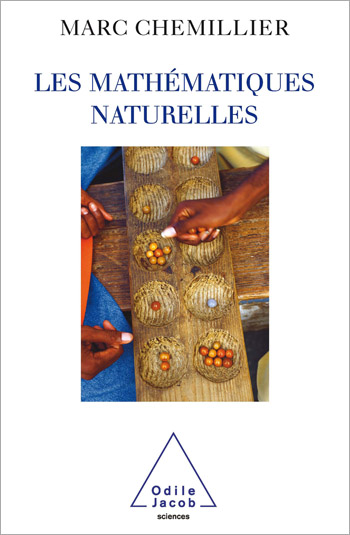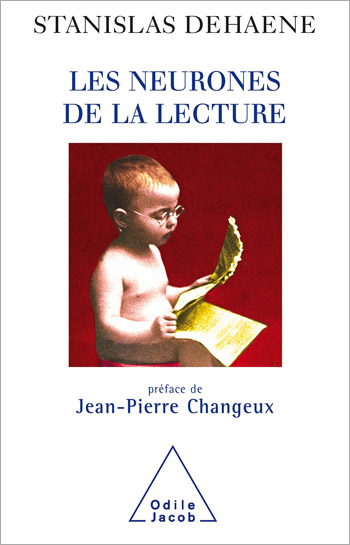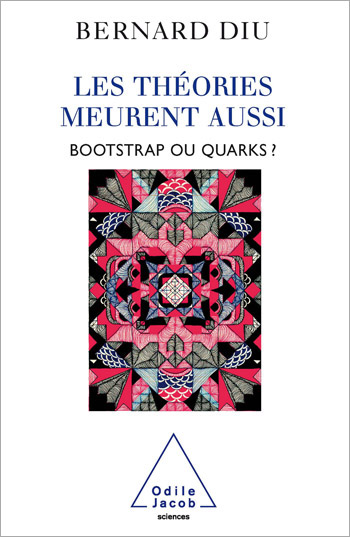Science All books
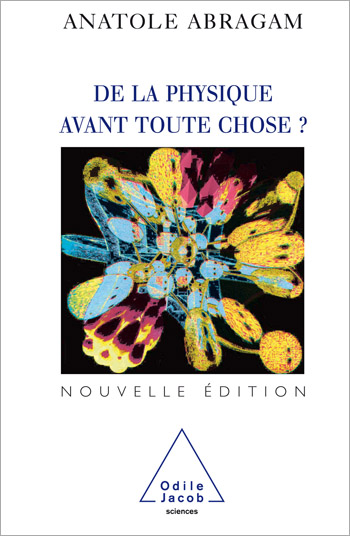
Anatole Abragam
Physics Before Everything New Edition
A. Abragam's autobiography is a fascinating introduction to the world of physics. We follow the uprooted Russian pupil through trial and discovery, witnessing his transformation into accomplished physician. An inspiring work for the moments of pure discovery, when proven evidence seems to magically match theoretical predictions.
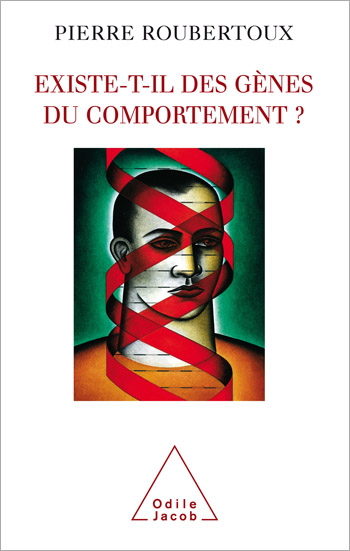
Pierre Roubertoux
Existe-t-il des gènes du comportement ?
Recent advances in genetic research have had widespread and far-reaching influences in fields as varied as animal and plant biology and medicine. They have also upset some ethical rules. Genetics today is in a triumphant, seductive phase, but its limits are yet to be defined. In this book, the eminent French geneticist Pierre Roubertoux argues that genetics has strayed too far from its justifiable areas of application. Soon, genetics may even be applied to the mind and to consciousness, just as it is already being applied to behaviour by scientists who contend that each type of conduct has its corresponding gene (this is tantamount to saying a specific gene is responsible for each virtue and each vice). Scientists who defend this theory say that they have discovered genes linked to various degrees of activity in mice and flies. Thus, intemperance and gluttony would be linked to a genetic partiality to alcohol, sugar or fats. Pride could be explained by a gene for dominance which has allegedly been found in mice. Greed, too, could be explained by a gene. The supposed existence of an infidelity gene was much in the news three years ago. This is a sound scientific synthesis which will enable readers to grasp the contribution of genetics to our comprehension of who and what we are. It should also help them resist the temptation of reducing everything to genetics. Pierre Roubertoux is a professor at the University of Aix-Marseille and a research fellow at the Institute of Physiological and Cognitive Neuroscience at the Centre National de la Recherche Scientifique (CNRS).
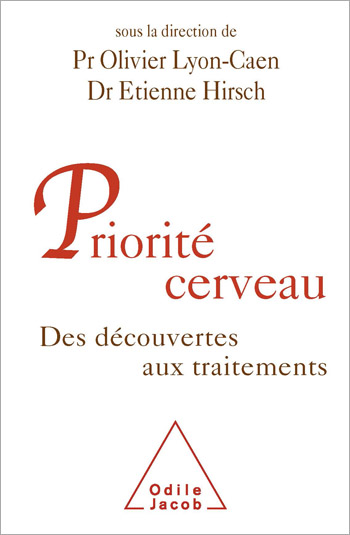
Olivier Lyon-Caen, Etienne Hirsch
Priority: The Brain From Findings to Treatments
This book advocates the development of a “Brain Programme” with a global approach toward the study and treatment of neurological pathologies, while appealing to public support, with firm political backing, in order to make the realisation of such a programme feasible.

